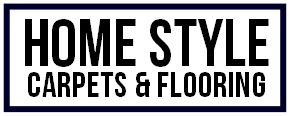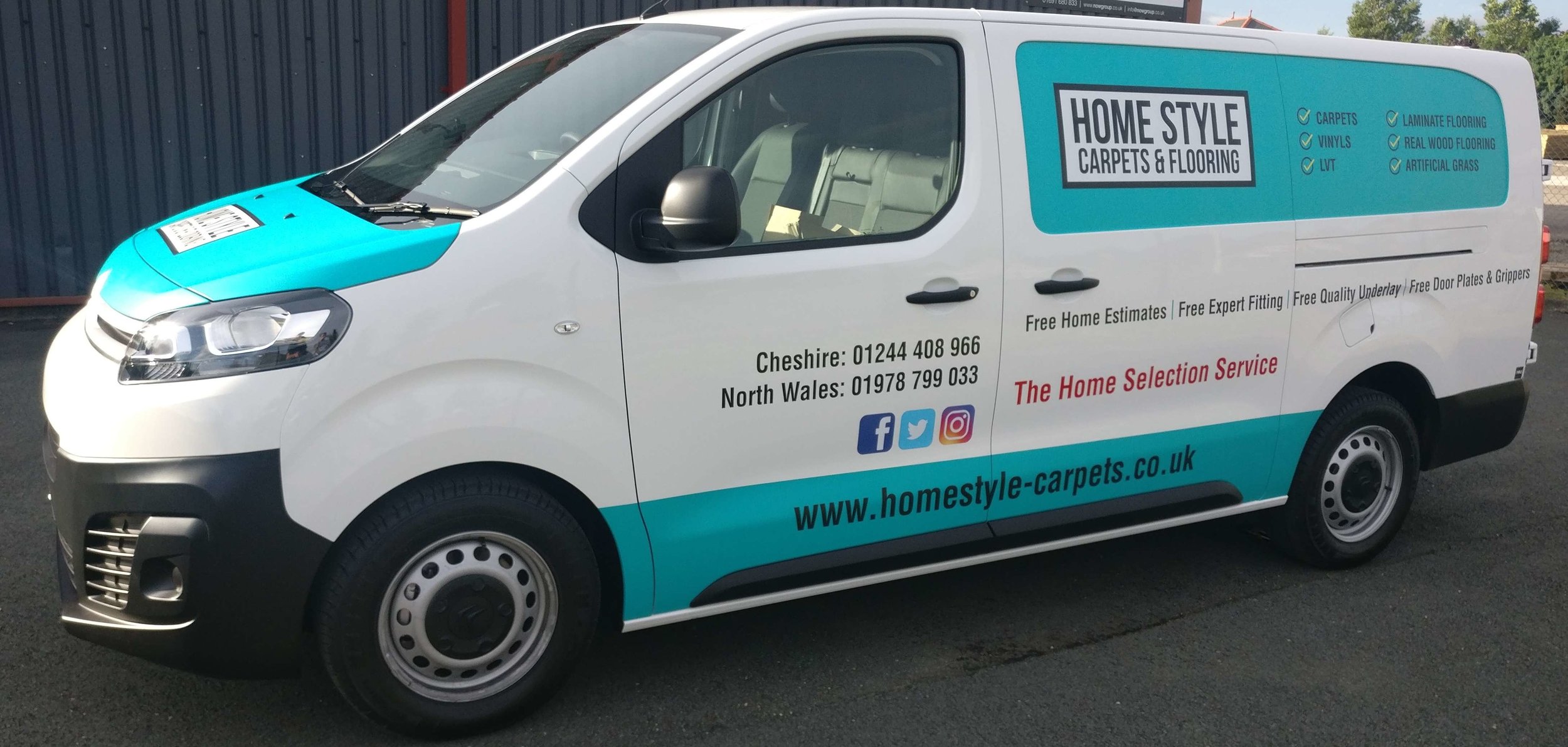How mushrooms eliminate toxins in flooring waste
/Flooring manufacturer Tarkett has partnered with Mycocyle to research how mycelia fungal root structures from mushrooms consume toxins in flooring waste and turn them into harmless raw material for new flooring.
Tarkett's ReStart program takes back old flooring for recycling. The collaboration with Mycocyle is developing alternative ways of dealing with flooring waste. Mycelia could turn diverse types of flooring into a new type of central ingredient for new flooring products.
This initiative aligns with Tarkett's aim of reducing the environmental impact of the construction industry. The company is moving to a circular economy business model to reduce waste and preserve resources. Old flooring is turned into new materials. Tarkett's vice president of sustainability Roxanne Spears said:
"From this moment forward, we'll never aim for anything less than zero waste."
In North America, Tarkett recycled 1.5 million pounds of used flooring in 2023. The company hopes to double that total in 2024 through its partnership with Mycocyle and other strategies.
Tarkett vinyl flooring in North Wales and Chester commercial buildings is a quality, hardwearing floor product available in a variety of colours and patterns.
After many years of use, worn Tarkett flooring can be recycled by the company's ReStart scheme which repurposes the material. They will even take back any type of flooring made by Tarkett's competitors. The scheme supports the Paris Climate Agreement that aims to limit global warming by 1.5 degrees.
Mycocyle is a biotech start-up that uses natural fungi to reduce industrial waste by transforming it into new materials.

